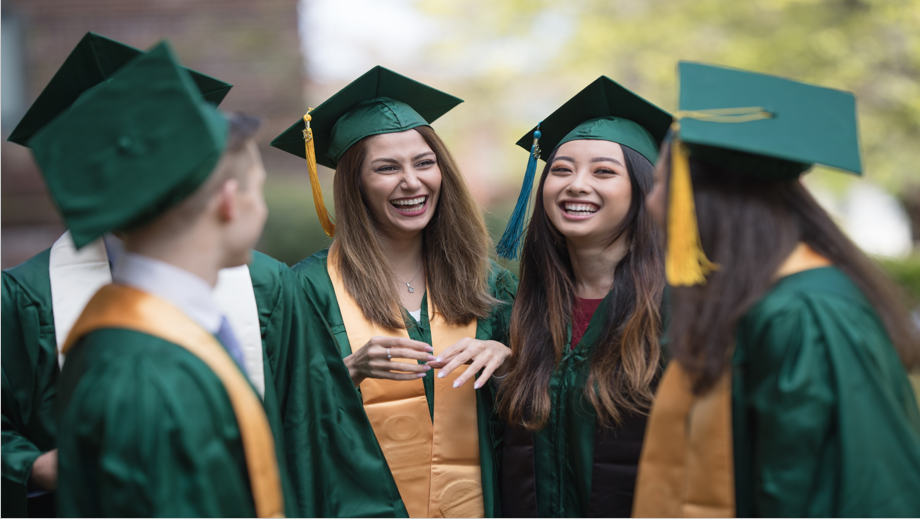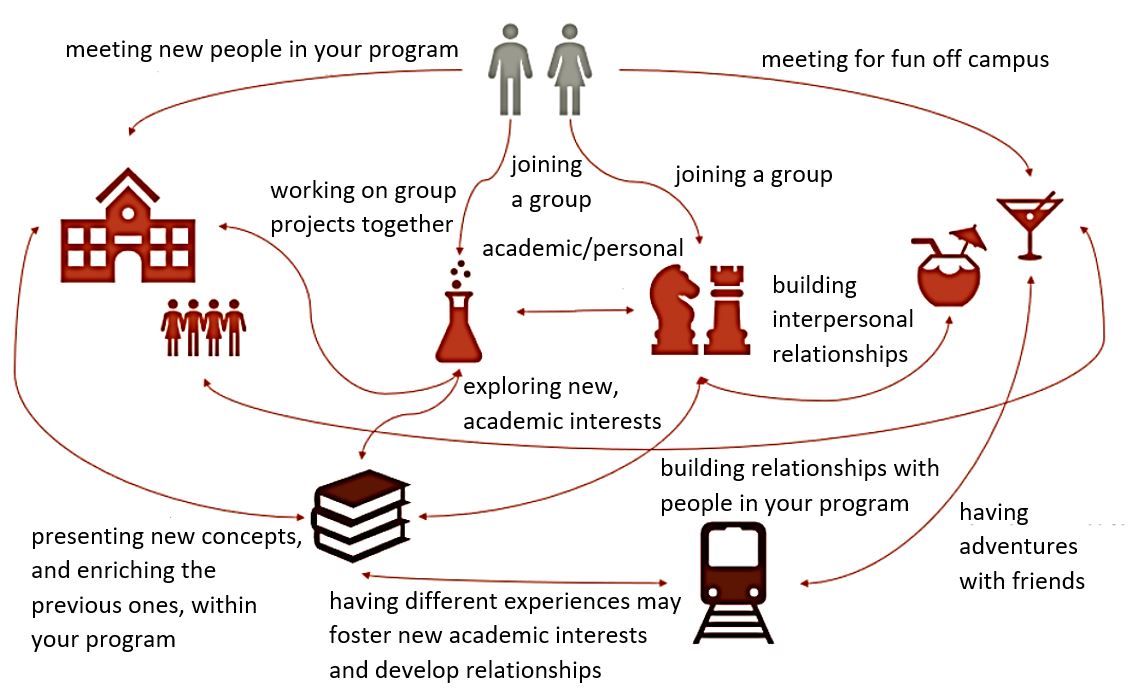8.2 Interdisciplinarity and Learning Communities

A learning community, according to Goodyear, De Laat, and Lally, is a group of people who meet regularly and share common academic goals and attitudes[6]. Learning communities tend to place importance on academic competency. In addition, they possess shared emotional connections and active involvement in learning professionally and personally. In many ways, it is a more focused approach towards the development of interpersonal relationships, and goes beyond academics by blending theories from many different areas outside of the structured disciplines.
This is common in institutes of higher learning, given the psycho-social development that occurs for students during their post-secondary educational student experiences. Students in higher education tend to engage in different courses that broaden their horizons. For example, a group of students in an education program develop a cohesive working and personal relationship, and decide to take a political-science course about Canadian elections. As a cohesive, personal group, these students are engaging in, and learning, new content together. They also bring theories back to their own educational discipline to further explore interdisciplinary connections.
This macro view can lead to their final capstone project or thesis. In many ways, the college/university experience of academics, clubs, friendships, and those who gather for knowledge is a form of interdisciplinarity. These connections go beyond the classroom. Moving forward, the concept of interdisciplinarity can be an important phenomenon to improve the understanding of the communities within a college or university, both inside and outside the classroom.


